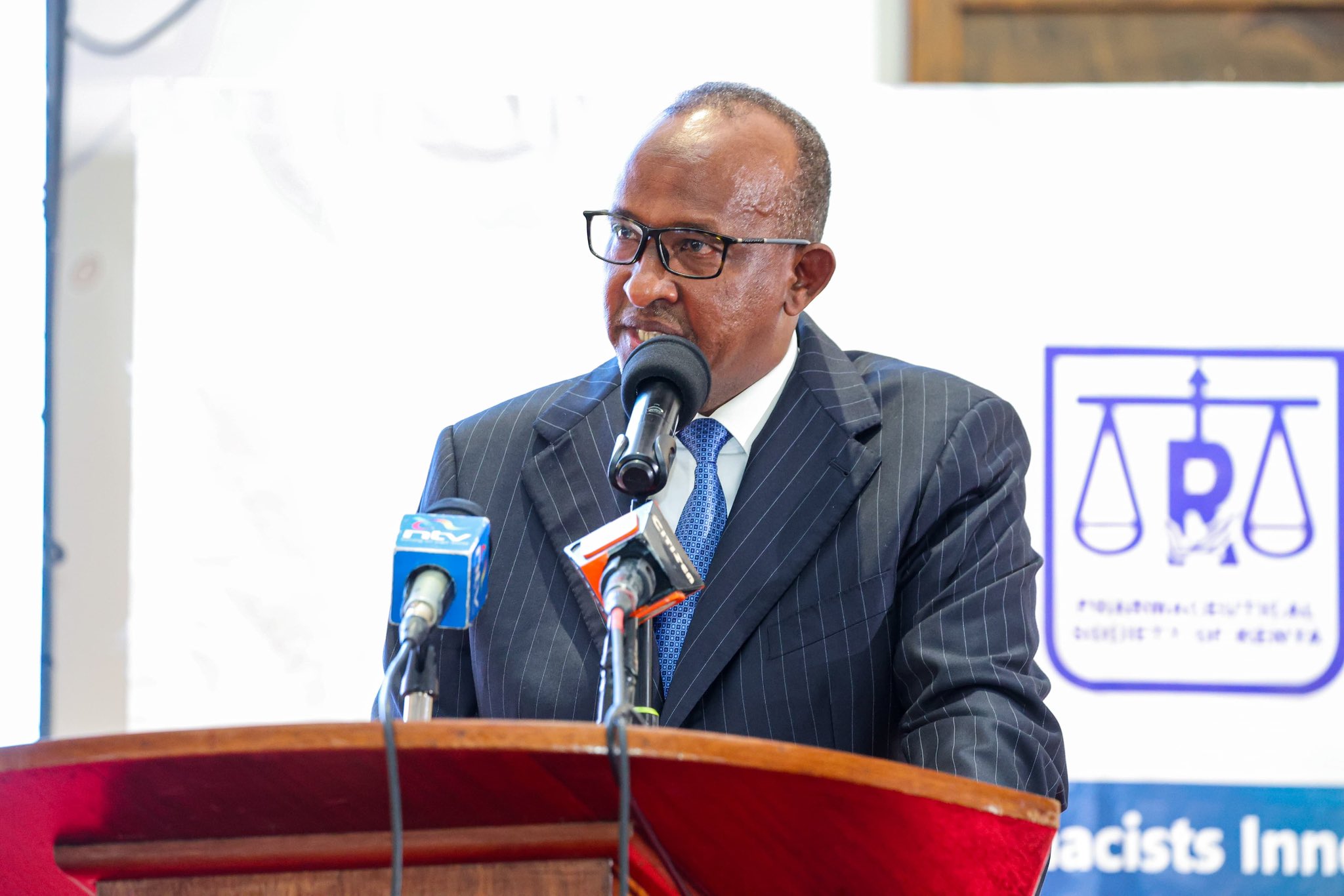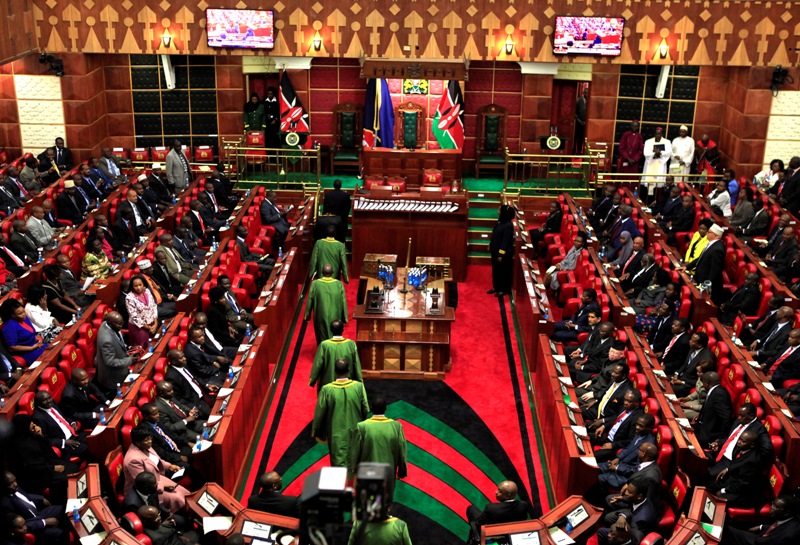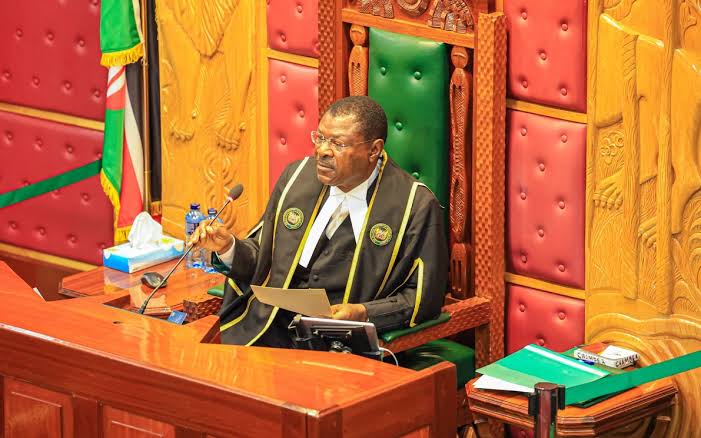Health Cs Duale Announces Full Digital Tracking of Patient Data and Prescriptions to Curb Medical Fraud
Health CS Aden Duale has announced that all patient interactions, prescriptions, and pharmaceutical transactions will now be digitally tracked to curb fraud and counterfeit drugs. He emphasized integrating community pharmacies into the national digital system and boosting local drug manufacturing. Duale also outlined five key policy priorities, with digitization and regulatory reforms at the core.
In a significant policy announcement aimed at modernizing Kenya’s healthcare system, Health Cabinet Secretary Aden Duale has declared that all patient interactions, prescriptions, and pharmaceutical transactions will henceforth be digitally recorded and monitored. This development, he noted, is expected to substantially minimize the risks of drug theft, manipulation of medical records, and the circulation of counterfeit medicines, which have long plagued the country’s health sector.
Speaking during the 45th Annual Scientific Conference of the Pharmaceutical Society of Kenya (PSK) held in Mombasa, Duale described the digital shift as a game-changing reform that will bring greater accountability, transparency, and improved service delivery within the healthcare ecosystem. He emphasized that this digitalization drive is not merely a technological upgrade but a critical policy intervention meant to secure the integrity of Kenya’s healthcare supply chain and protect patients from harm caused by substandard or fake medication.
“Every patient interaction, prescription, and transaction will now be digitally recorded and tracked,” said Duale. “This will significantly reduce opportunities for manipulation, theft, and the circulation of counterfeit medicines. It will also ensure that we have reliable data to support evidence-based decisions at all levels of care.”
Duale appealed for public and stakeholder support as the Ministry of Health accelerates its digital transformation agenda. He specifically mentioned the integration of community pharmacies into the national digital superhighway, a move that would ensure even small, neighborhood pharmaceutical outlets are linked to national health databases. This integration will allow for real-time monitoring of pharmaceutical activities, enhance service delivery, and facilitate swift interventions in case of irregularities.
The CS also reinforced the government’s commitment to boosting local pharmaceutical manufacturing under the "Buy Kenya, Build Kenya" directive, a presidential initiative aimed at promoting local industries and job creation. After touring exhibition booths by local pharmaceutical manufacturers during the conference, Duale challenged PSK and other stakeholders to help identify and dismantle policy barriers that hinder local production and innovation.
He emphasized that effective partnerships between regulators, pharmacists, manufacturers, and the government were key to unlocking the pharmaceutical sector’s full potential. Duale also called on the PSK to actively support policy reforms that would empower the Pharmacy and Poisons Board (PPB) to meet international benchmarks, particularly the World Health Organization’s (WHO) Maturity Level 3—a critical recognition of robust and effective regulatory oversight.
The CS outlined five key policy priorities that will guide the next phase of pharmaceutical reforms. At the core of these priorities is the digitization of pharmaceutical operations, which he said will enable a robust track-and-trace system. Such a system is essential in protecting consumers from dangerous or ineffective drugs and in strengthening the entire healthcare infrastructure.
Other priorities include integrating pharmacy services into the Universal Health Coverage (UHC) benefits package, streamlining regulatory frameworks to align with global standards, improving access to quality healthcare, and promoting innovation in service delivery. He urged the PSK to take an active leadership role in shaping how pharmacy services are included within the UHC framework to ensure they remain accessible and of high quality.
Duale was accompanied at the event by Mombasa Governor Abdulswamad Shariff Nassir and the Director General for Health, Dr. Patrick Amoth. Also in attendance were PSK President Dr. Louis Somoni Machogu, Pharmacy and Poisons Board Chair Dr. Charles Githinji, and other senior officials from the health and pharmaceutical sectors.
In his closing remarks, Duale stressed that these ongoing reforms offer a rare opportunity to rebuild public confidence in the health system. He stated that the shift toward digital transparency and regulation would foster greater collaboration among stakeholders and create a more resilient, efficient, and accountable health sector for all Kenyans.













